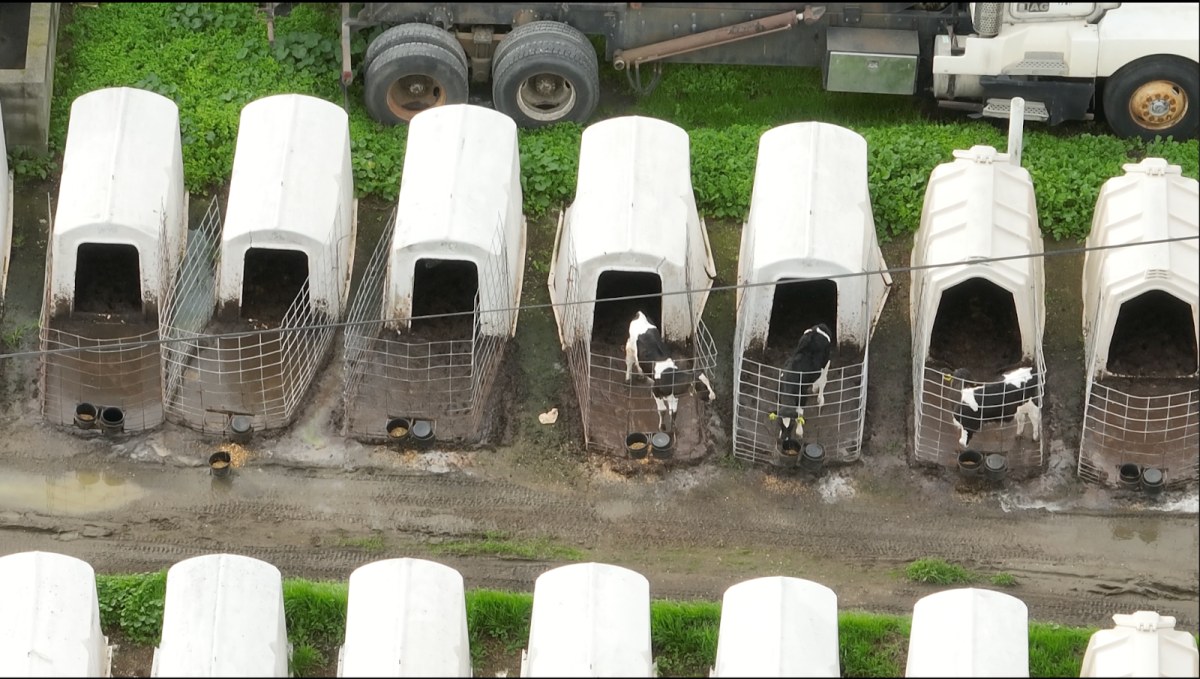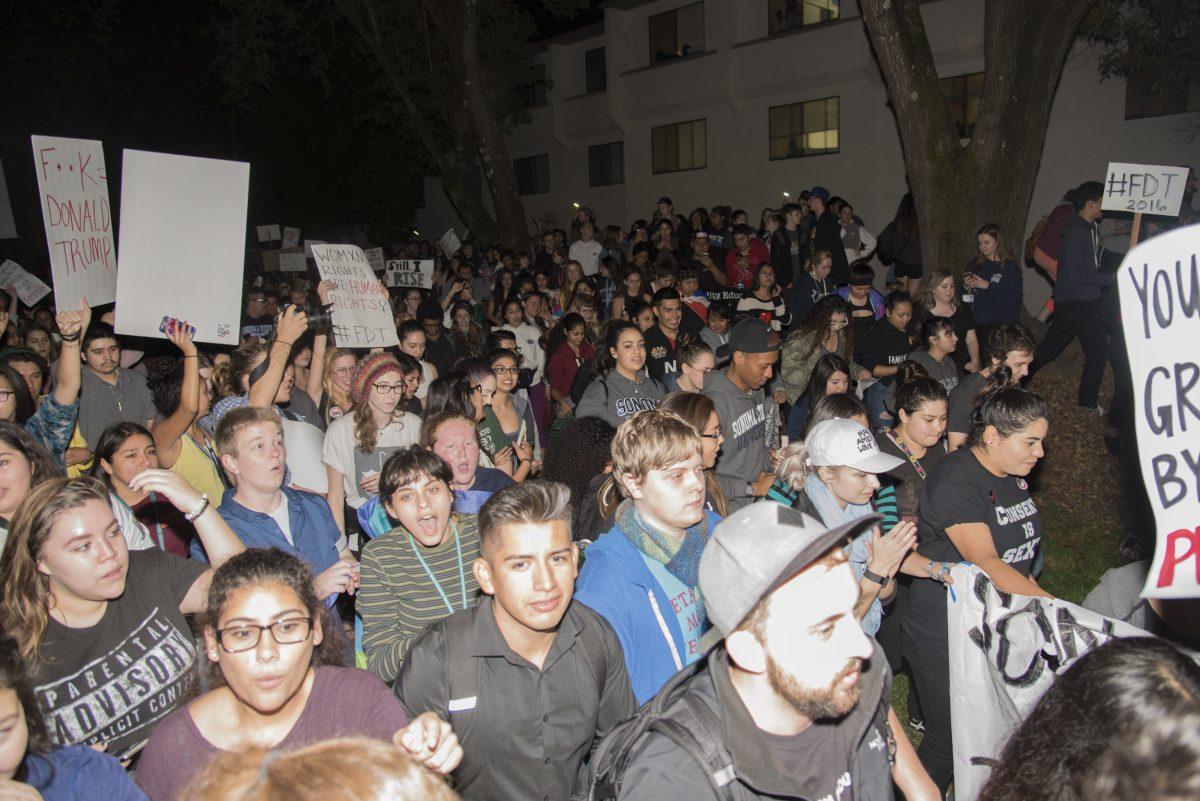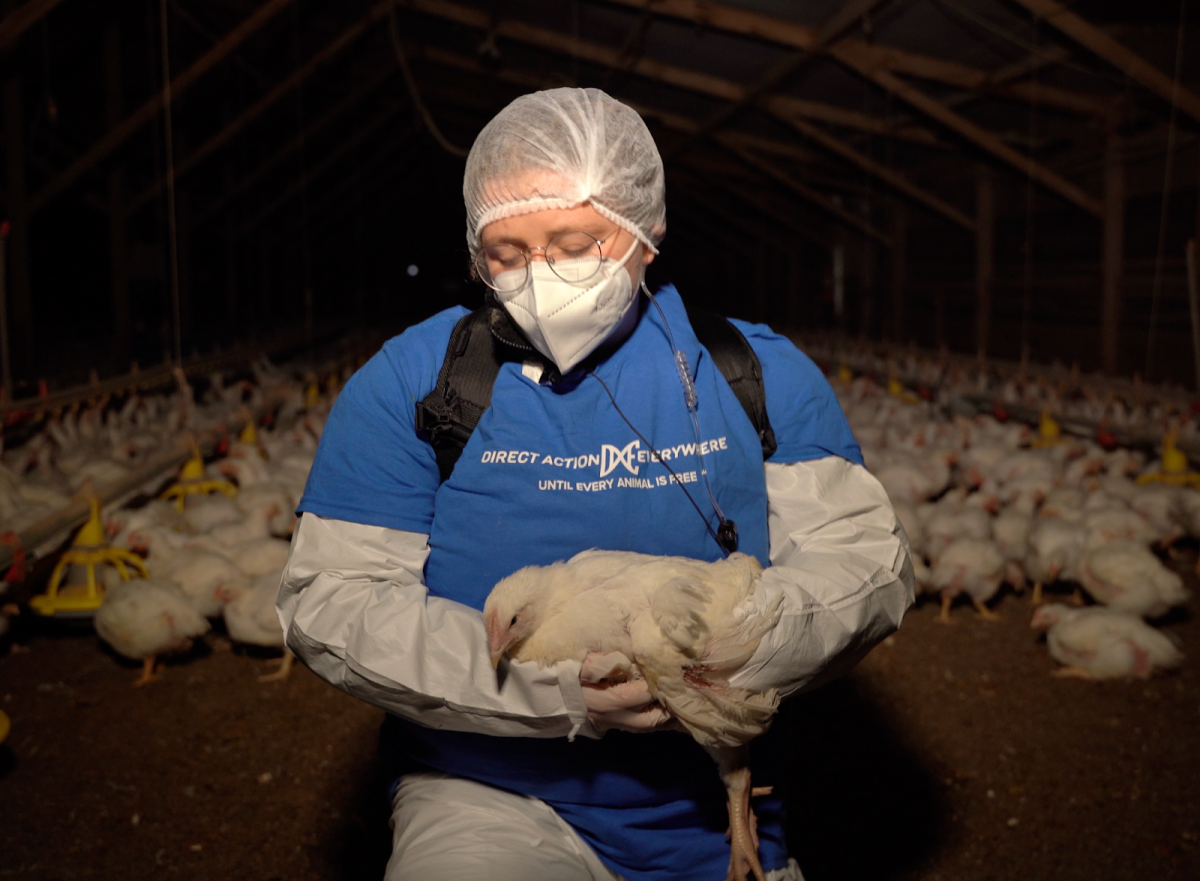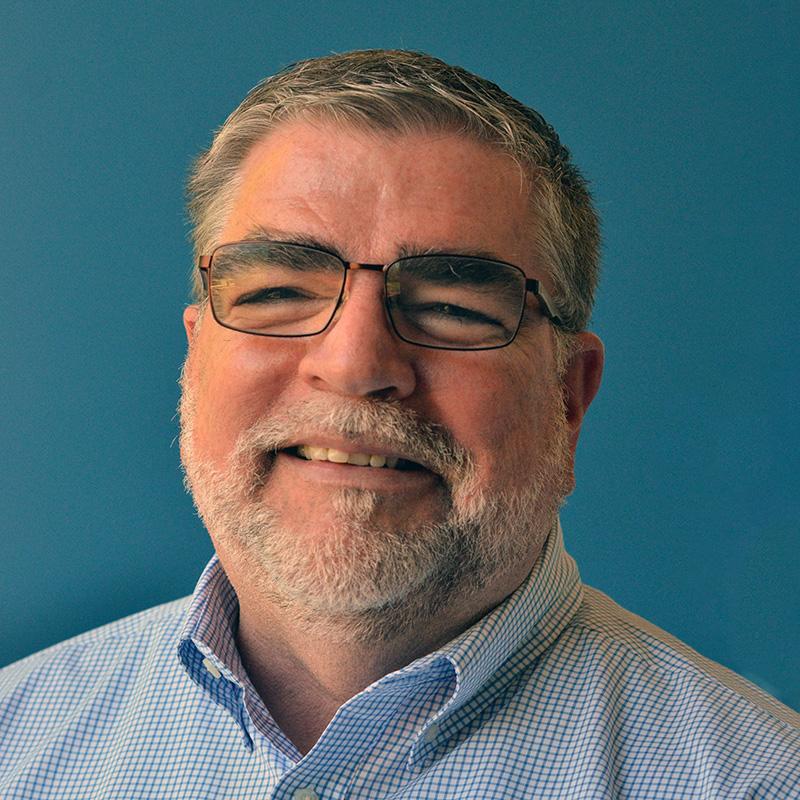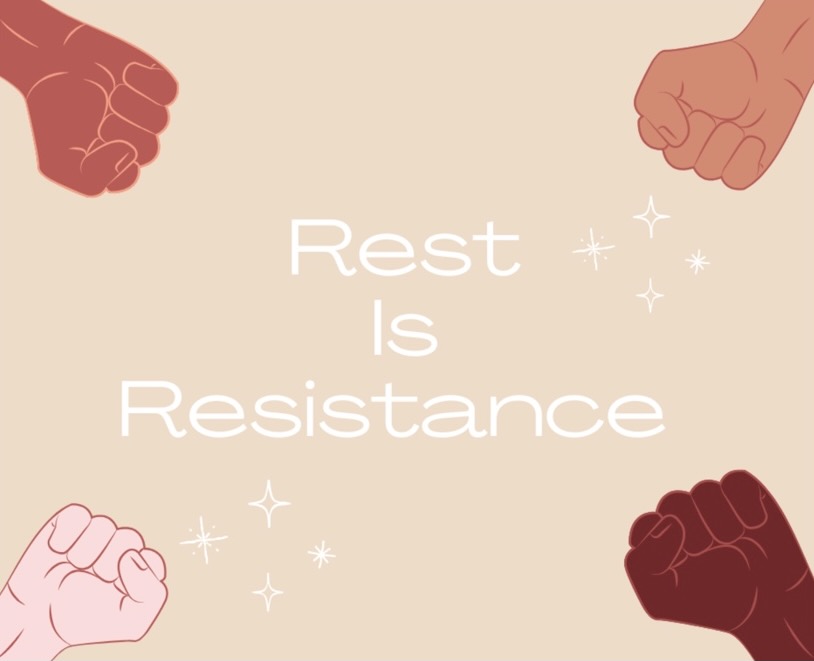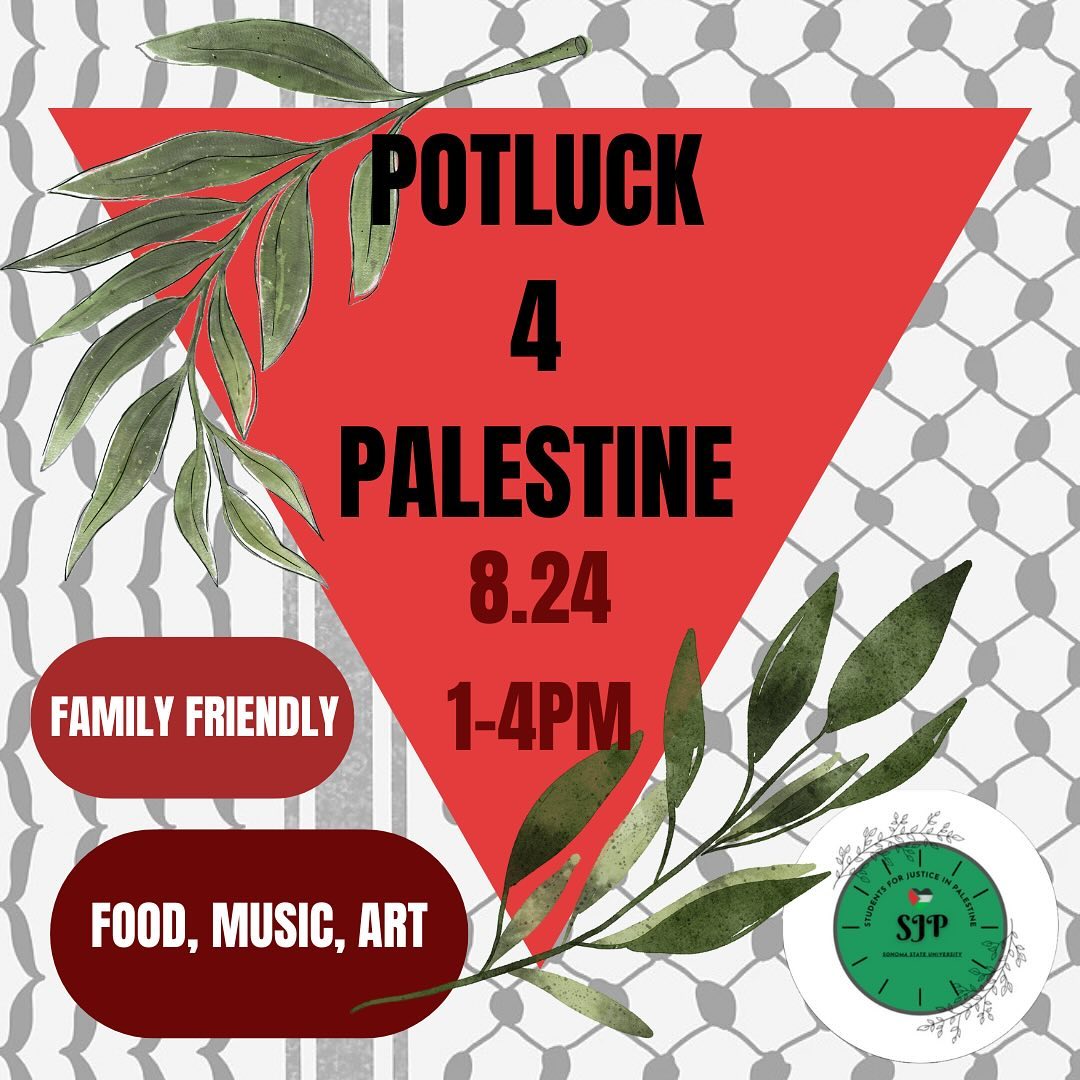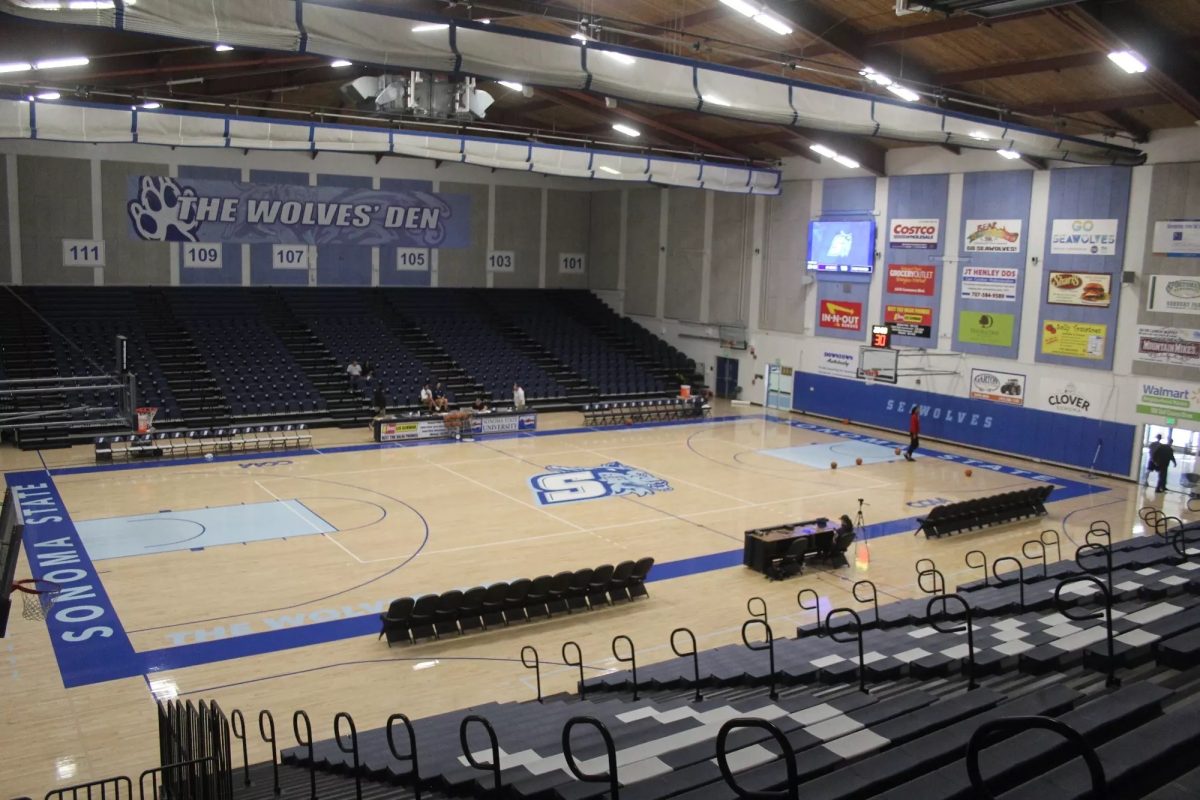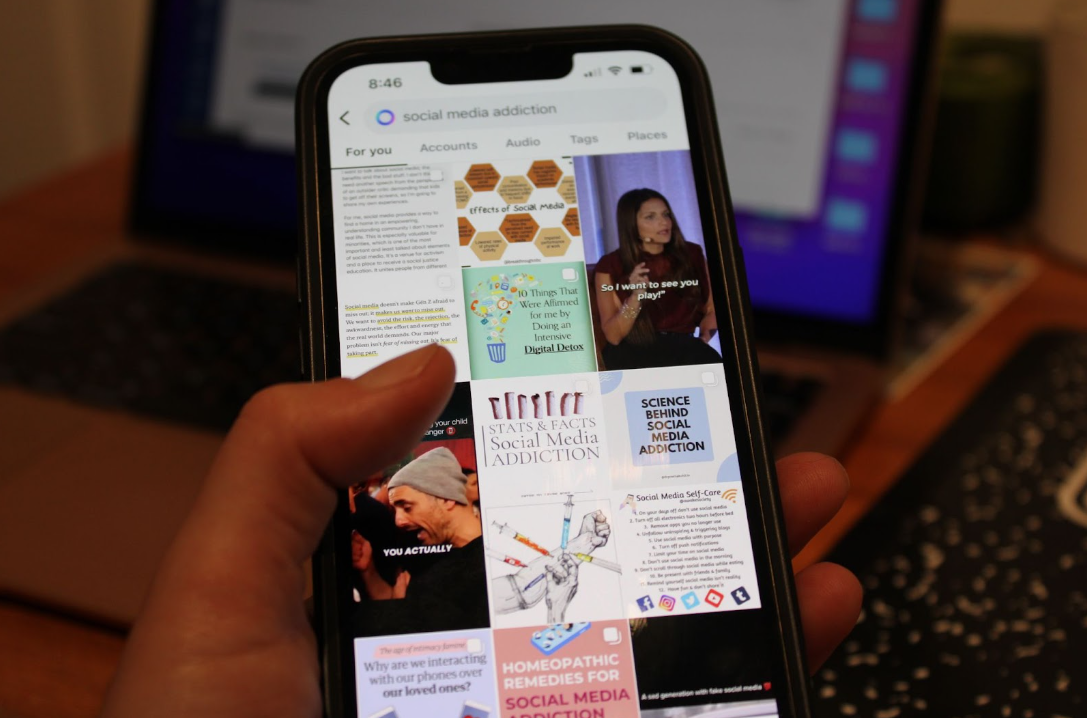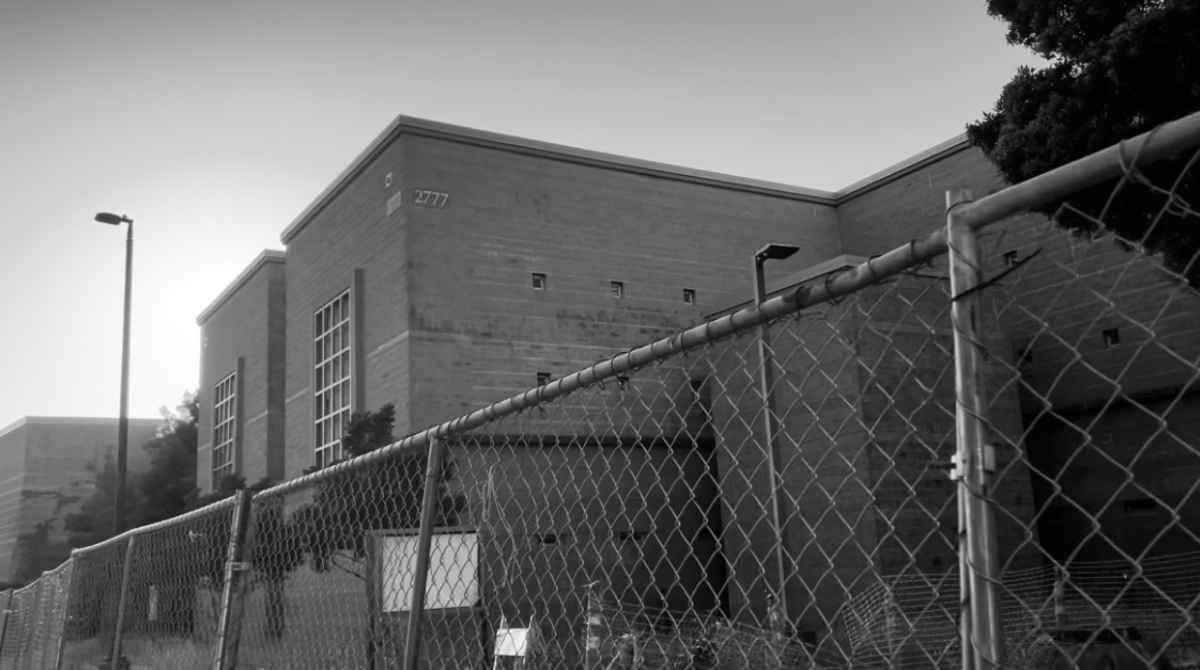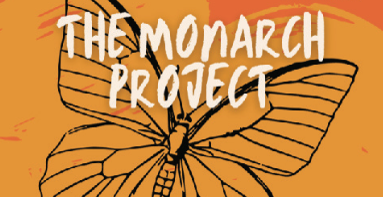Just this last week, Sonoma State presented its seventh annual Social Justice week. The school held various zoom meetings to provide a space for not only the SSU student body, but the community as well, to contribute ideas, gain perspective, and get an understanding of current social issues.
SSU’s Social Justice week began March 23, 2015, with the support and leadership of faculty, including professors Dr. Peter Phillips and Dr. Diana Grant. It consists of 30-60 hours of lecture, discussions, films, presentations, panels and activities from guest speakers, students, and other faculty. This is a yearly event that covers a range of topics from teachings by Dr. Roxanne Dunbar Ortiz.
The annual event at SSU was founded by a student named Shelby Wade who was a transfer student from Sierra College. Wade’s ultimate goal was to bring the passion and activism from her old school to SSU. “My goal was to stimulate information and social action at a school that had lost its 1960’s era activism of people like Ruben Salazar and Mario Savio. Beginning in 2015, Social Justice Week at Sonoma State started a conversation and ignited the campus and community in a week of engagement that hasn’t stopped since. I am so proud of what this event has become and cannot wait to see it continue to increase community awareness and create students who are socially engaged in justice work,” Wade explained.
SSU wanted to highlight the people and organizations that are creating new ways to lift up and bring attention to the social injustices happening to marginalized groups in our communities. The university held 20 different virtual zoom meetings to spend an hour at a time getting to know the changemakers in our community, meeting different faculty, playing games, and having the chance to win prizes.
The various meetings included discussions about diversity and social justice, sustainability and environmental inquiry, connectivity and community engagement, as well as adaptability and responsiveness. The movement will distinguish itself as a diverse, socially responsible learning community. Drawing from the cultural, intellectual, and economic resources of its location, it works to enrich and strengthen its educational programs and community connections that result in more equity on campus and in the region.
“Social Justice week will reach a new level as we want to intellectually open the mind of the community to attract many members in order to help pursue a future of equality that we desire. Sonoma State is taking on the challenge to fulfill that gap of social disparities and fight for a future that will be a positive impact on many different groups and solve inequality issues,” says SSU student Luis Diaz Mendoza.
To wrap up the event, faculty organizer Caitlin Henry and President of the SOCI Club Tania Arango Rodriguez held a virtual zoom meeting to present awards for the week, as well as a closing ceremony. The three awards given were the Justice Impact award, the Justice Awareness award, and the Seawolf Commitment award.
Director of Native American Studies, Dr. Erica Tom, received the Justice Impact award for her efforts of going above and beyond in the classroom practicing social justice in the larger SSU community. Tom is responsible for bringing an Ethnic Studies perspective to the English curriculum in the Summer bridge Program, centering texts by writers of color and supporting students in developing their unique voices.
Student Amal Munayer was awarded the Justice Awareness award for dedication to supporting first generation college and historically low income students. She did her part, and more, by guiding students as an academic advisor, as well as supporting all her fellow students holistically with an understanding of the complex trauma, imposter syndrome, and resilience experienced by many students of color.
Last but not least, Vice President of the Native American Progressive Students, Tori Millendez, won the Seawolf Commitment award for her activism and participation in important events, as well as amplifying marginalized voices and centering critical social justice issues. Millendez has been an important guest speaker, where she has talked about intersectionality, and moving beyond racial stereotypes.
Arango Rodriguez closed out the week by saying, “My heart is so full with gratitude of everything we have heard over the week, with what it means to highlight injustice and how that shows that every social justice issue that we plug into is interconnected. Knowing that the work that you are doing in these topics is just going to continue to build this more sustainable world that we are all working to build together.” Rodriguez went on to thank everyone for participating in Social Justice Week, and looks forward to continuing the tradition next year, hoping to get the full effects in person.
On April 8, SSU held an online event about how to support immigration through public art, as a part of Social Justice Week

